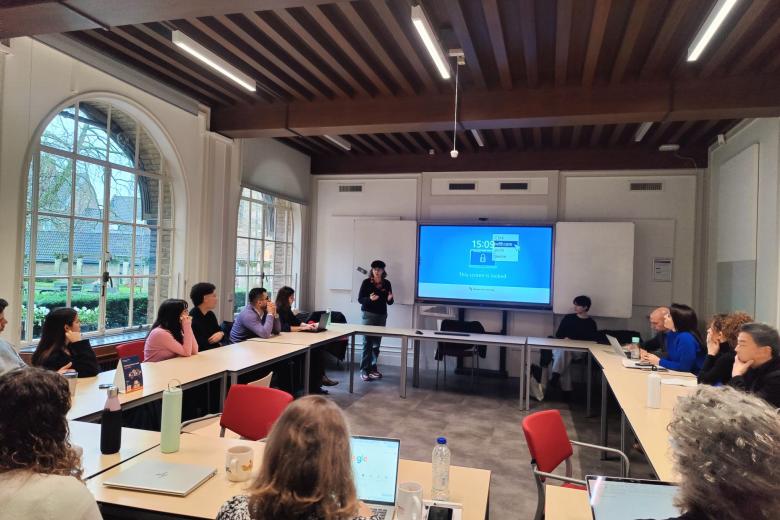A theoretical analysis of consent and coercion in contract law
Written by: Florian Gamper
Supervisor: Prof Dr Jan Smits
Keywords: Consent, Coercion, Contract Law Theory, Private Law Theory
The doctoral thesis addresses one of the most persistent challenges in contract law theory: distinguishing genuine consent from agreement secured through coercion. Instead of treating coercion as a policy-driven concept—as much of current scholarship does—the thesis demonstrates that there is an objective, factual distinction between free and coerced consent.
By developing factual criteria for identifying coercive practices, the thesis clarifies the limits of voluntary agreement and provides objective criteria to determine when economic—such as workers accepting exploitative terms out of necessity—amount to coercion. This framework makes it possible to confront tough questions, such as whether consent to work in a sweatshop is valid.
The research has significant implications for contract law doctrine, labour law, competition law and market regulation, and promises to reshape debates across these domains.
Also read
-
Reducing the Digital Divide: Empowering Students to Train, Evaluate, and Use AI Text Models
The Maastricht Law and Tech Lab, together with the Brightlands Institute for Smart Society (BISS), obtained a € 100.000 a Comenius Senior Teaching Fellow grant.
-
Meet the Maastricht Centre for Human Rights
On 8 December, the Meet the Maastricht Centre for Human Rights event took place.
-
Mariam Aroian guest researcher at IGIR
Mariam Aroian will visit IGIR for three months, between December 2025 and February 2026. Her current research focuses on copyright and artificial intelligence.